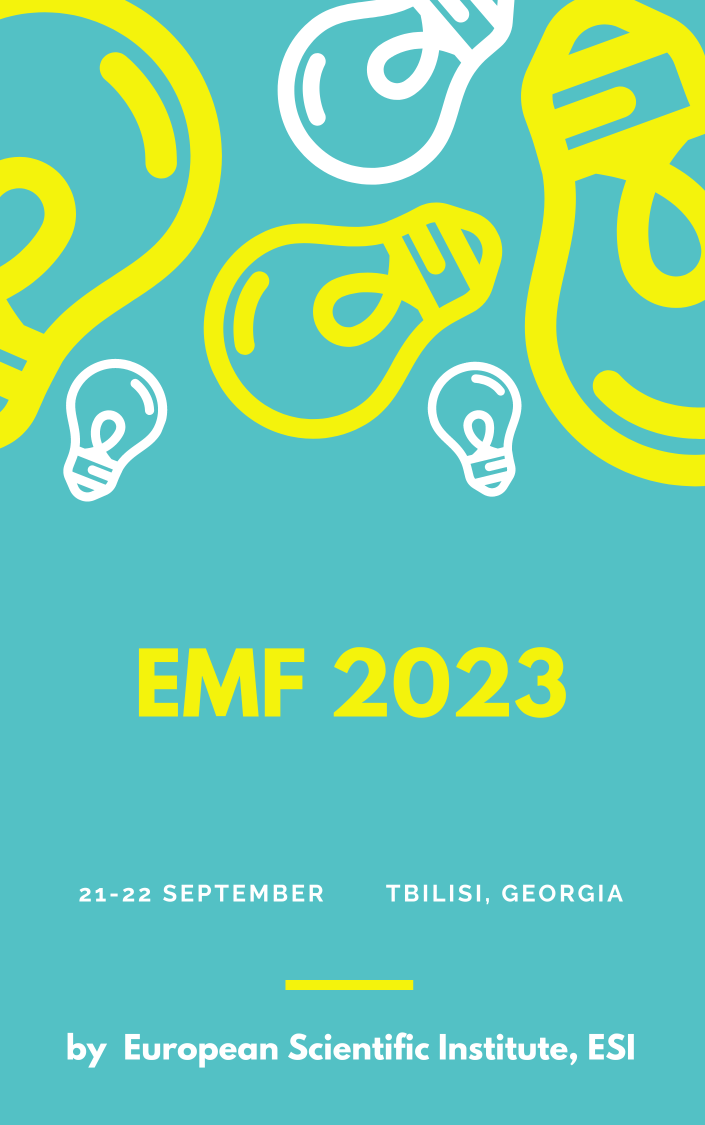Comparative Legal Context of Land Consolidation in Georgia
Abstract
From the time of independence to the present day, land legislation in Georgia has undergone several changes, while the legislation has been developing at its own pace. However, Georgia's aspiration to join the European Union requires other changes. The present article studies one of the problems - land consolidation, which was analyzed as a result of comparative legal and historical-toponymic research on the example of similar countries, such as Hungary, Slovakia, and other European states, which is due to the small size of the above-mentioned countries, the short history of joining the European Union and simultaneous reforms of land consolidation in an angle that continues even now. The topic is relevant and resultoriented, as land consolidation is closely related to public and private legal interests. This article covers Georgian and foreign legislative acts, doctrinal material, and other historical sources. Land consolidation is one of the main components of land law in a broad sense, and more practically, it is the main key to the functioning of the agricultural sector, the country's development, and its accession to the European Union. Thus, this article examines Georgia's ability to create the right policy and legislative framework to regulate these relationships.
Downloads
PlumX Statistics
References
2. Demetriou, D., 2014, Land Consolidation, University of Leeds Dzamukashvili, D.2017: Commodity Law, Tbilisi, page 17
3. Filagova, L., 2022, Pozemkove Upravy v Madrsku, Univerzita Komenskeho v Bratislave
4. Macaj, L., 2022, POZEMKOVÉ ÚPRAVY VO FRANCÚZSKEJ REPUBLIKE, Univerzita
5. Komenskeho v Bratislave. P.397
6. Remba, C.,2019,The Law of the Land: The Evolution of Our Legal System, Brilliance Publishing. p.17
7. Vitikainen, A., 2004, An Overview of Land Consolidation in Europe, Nordic Journal of Surveying and Real Estate Research
8. Viitanen, K., 2000, Finsk Reglering av byggnadsmark i ett internationellt perspektiv. (The Finnish Urban Land Readjustment Procedure in an International Context). Meddelande 4: 84, Kungliga Tekniska Högskolan.
9. Stockholm, 397 p. ISSN 0348-9469.
10. Van Dijk, T., 2004, Land Consolidation as Central Europe’s Panacea Reassessed. Proceedings of Symposium on modern land consolidation, Volvic, France, September 10-11.
11. The National Council of the Slovak Republic: 7th term of the National Council of the Slovak Republic, parliamentary press no. 658
12. Legislation:
13. Law of Georgia "On Rights to Immovable Property" Law of Georgia "On Agricultural Land Ownership" art.3
14. Aménagement foncier agricole, forestier et environnemental (AFAFE) Law of Georgia “on determination of the designated purpose of land and on sustainable management of agricultural land”, Art.3
15. Constitution of The Slovak Republic
https://advanceterrafund.bg/en/what-island-consolidation https://www.geostat.ge/ka/modules/categories/750/2014-tslis-sasoflosameurneo-aghtseris- shedegebi
https://mepa.gov.ge/Ge/Page/functionsandgoalsofministry https://www.eea.europa.eu/help/glossary/gemet-environmental-thesaurus/landconsolidation#:~:text=in%20your%20browser.-,Term,Source%3A%20PHC)
Copyright (c) 2024 Tornike Tornike Merebashvili

This work is licensed under a Creative Commons Attribution 4.0 International License.








